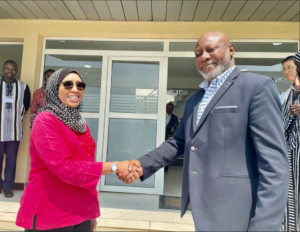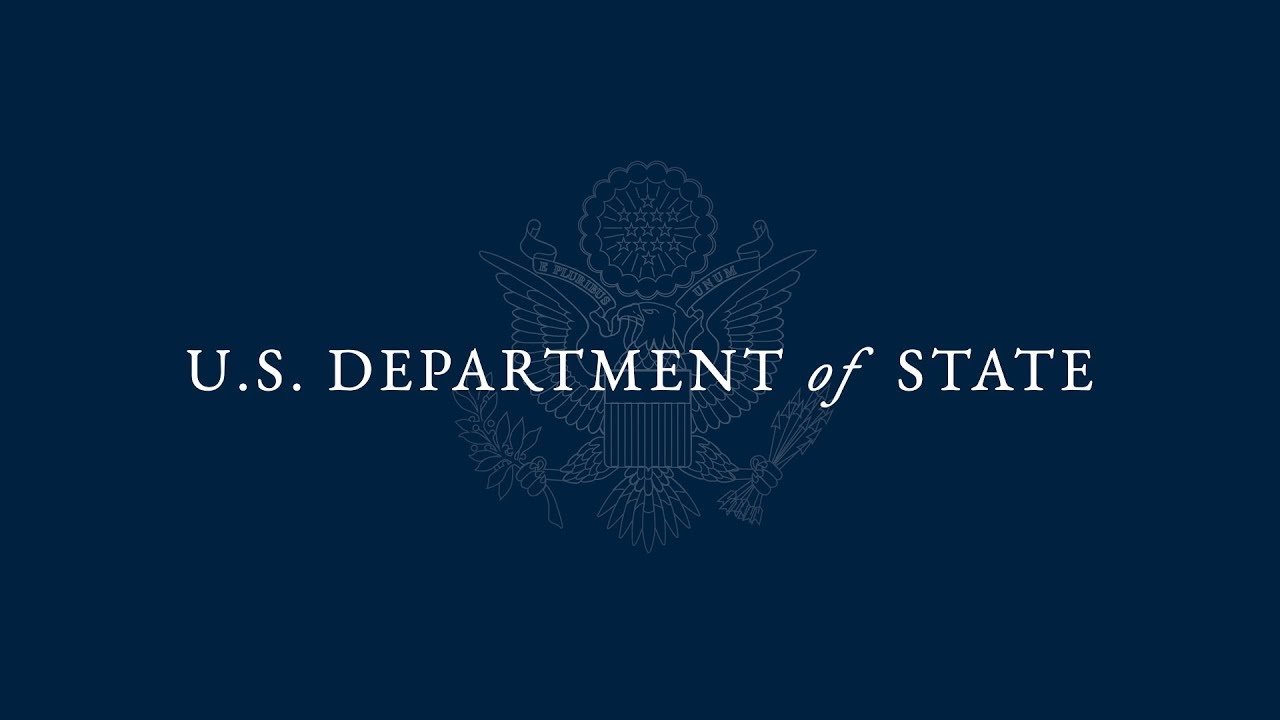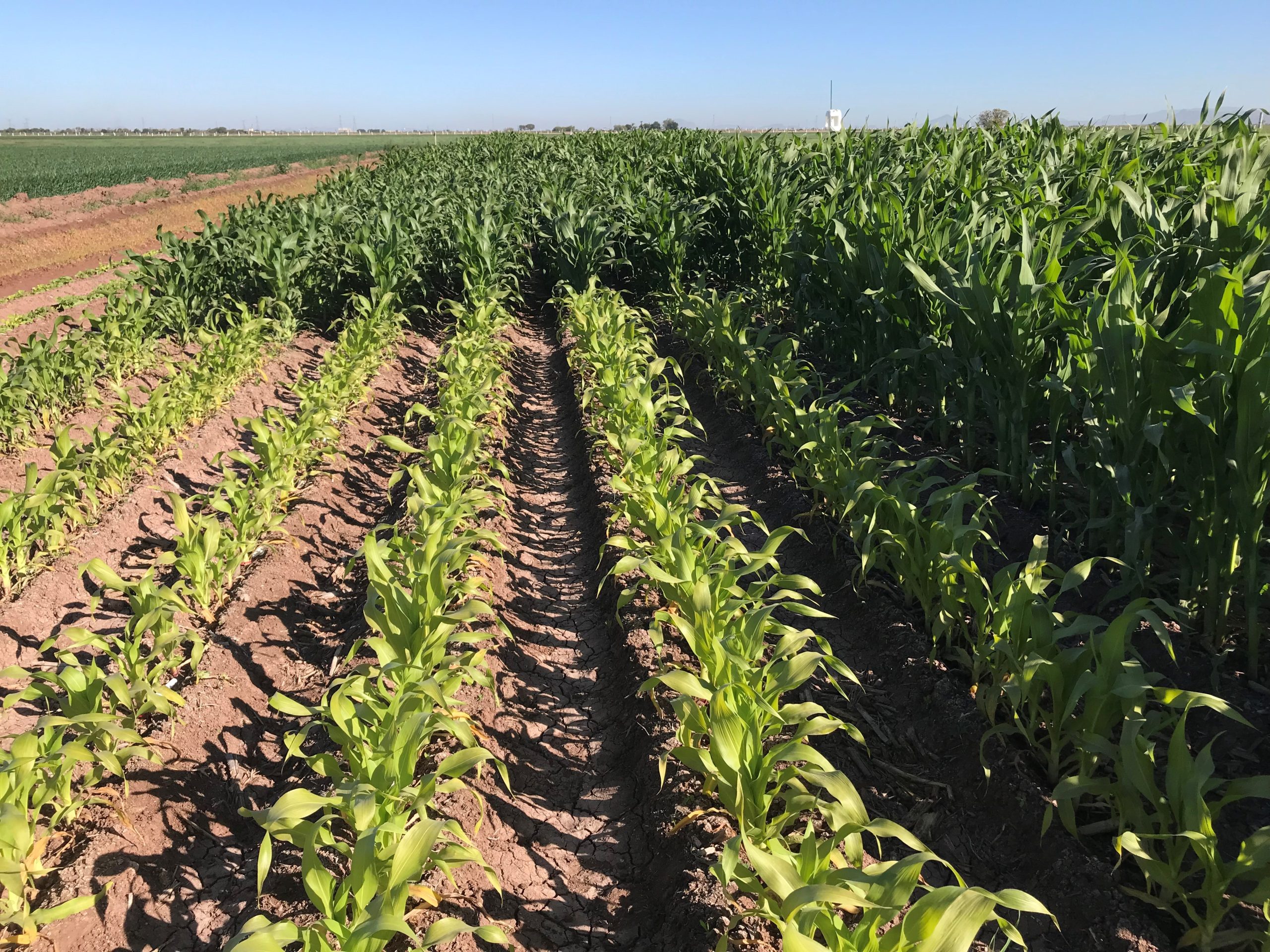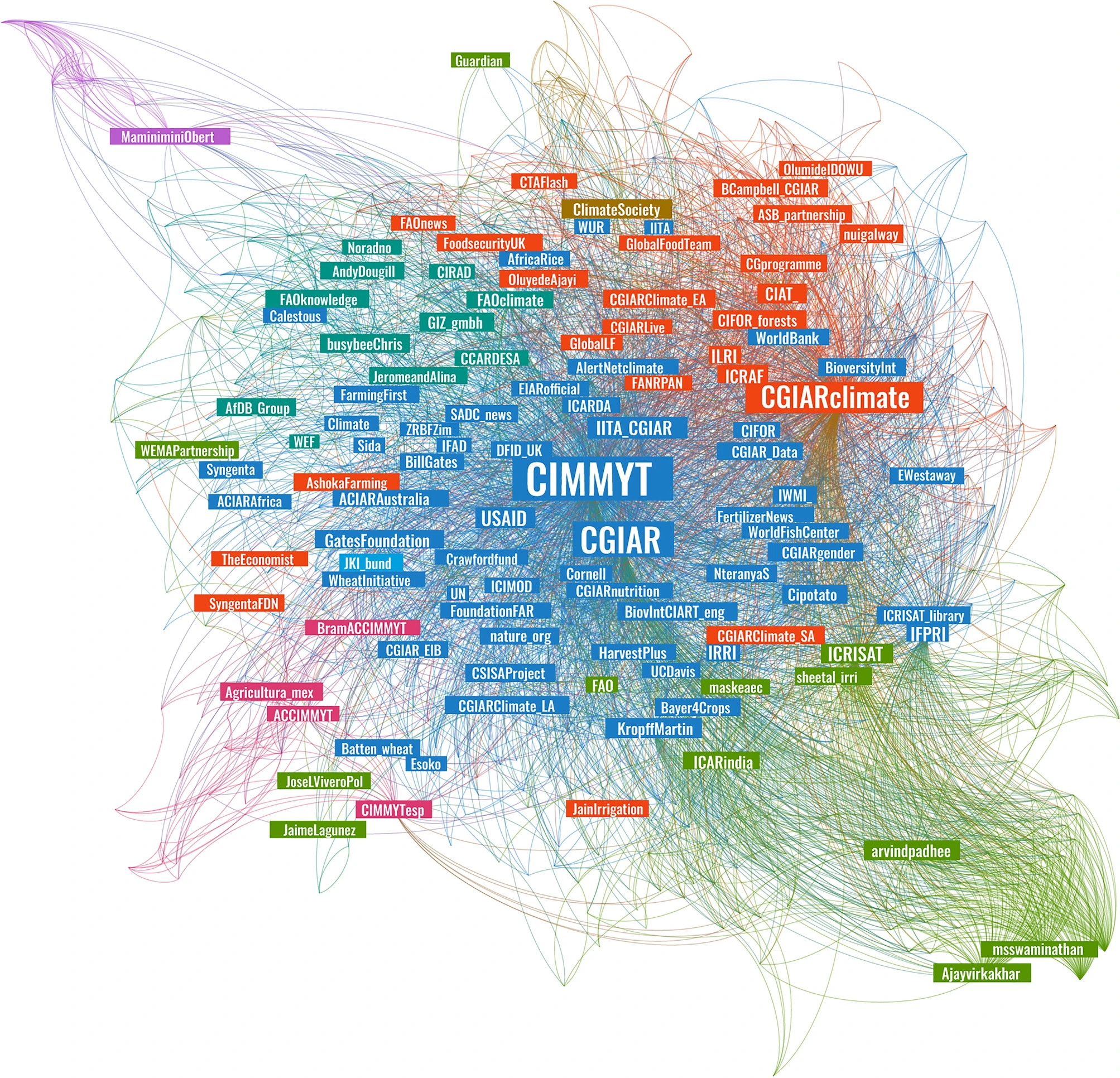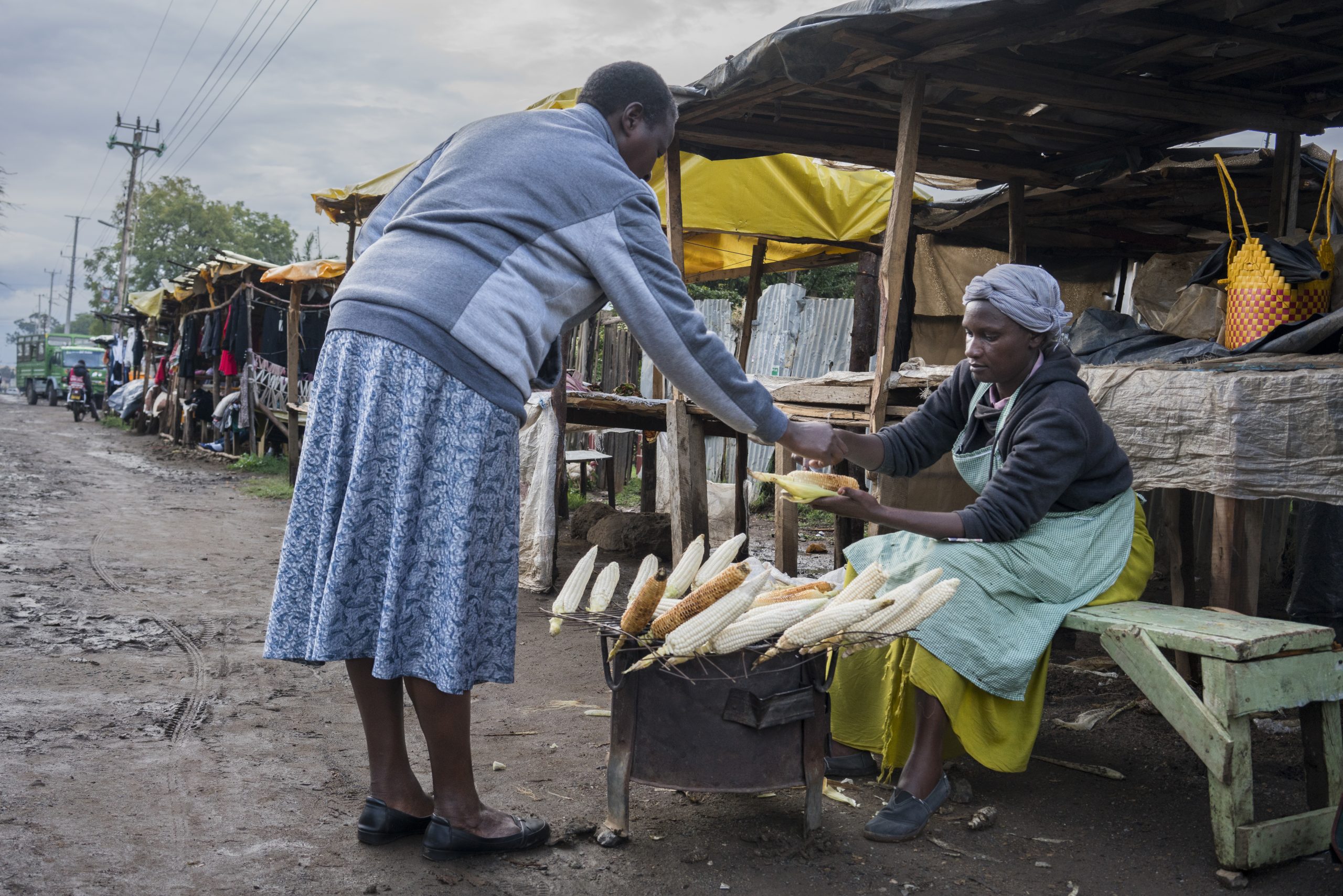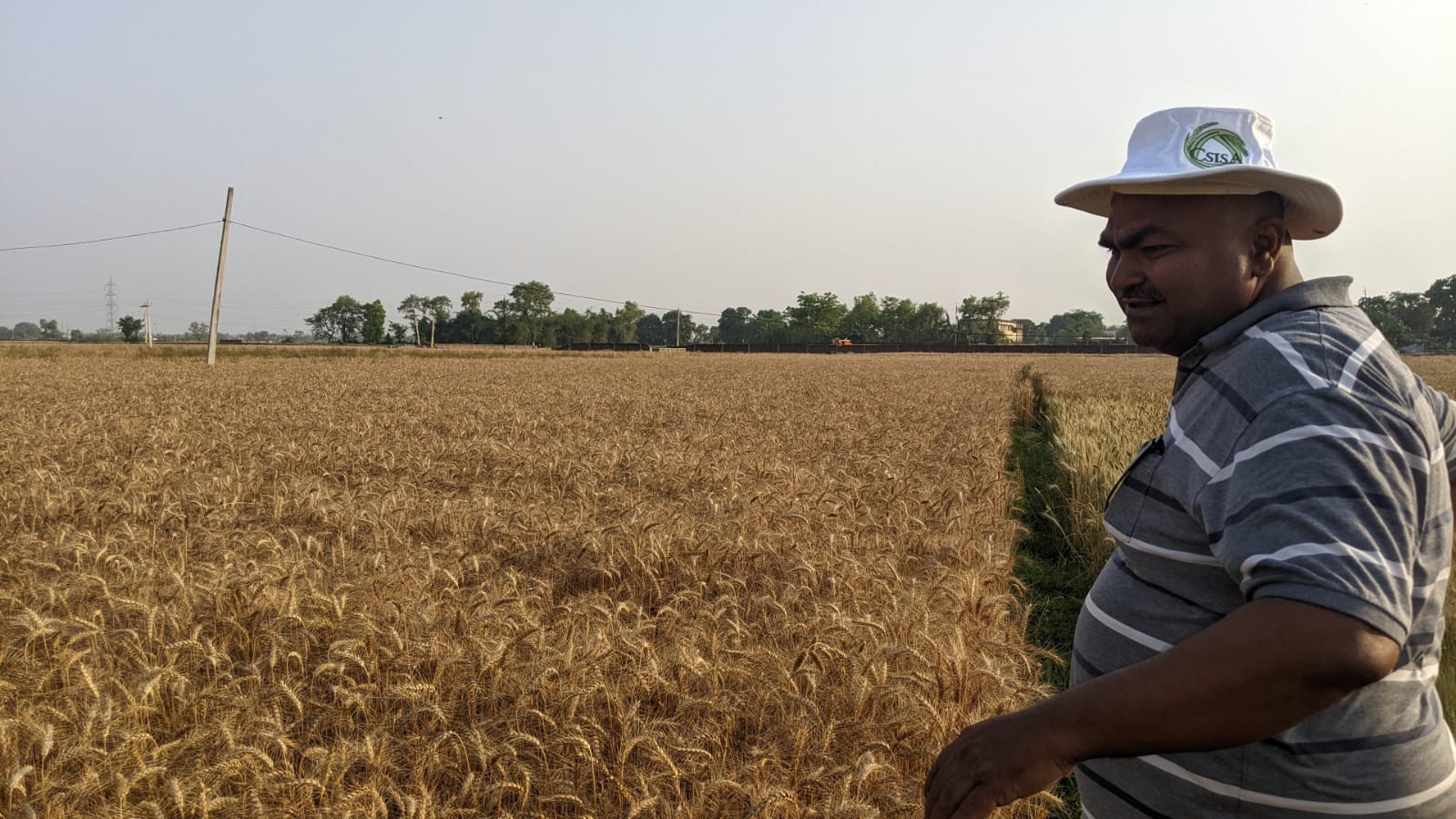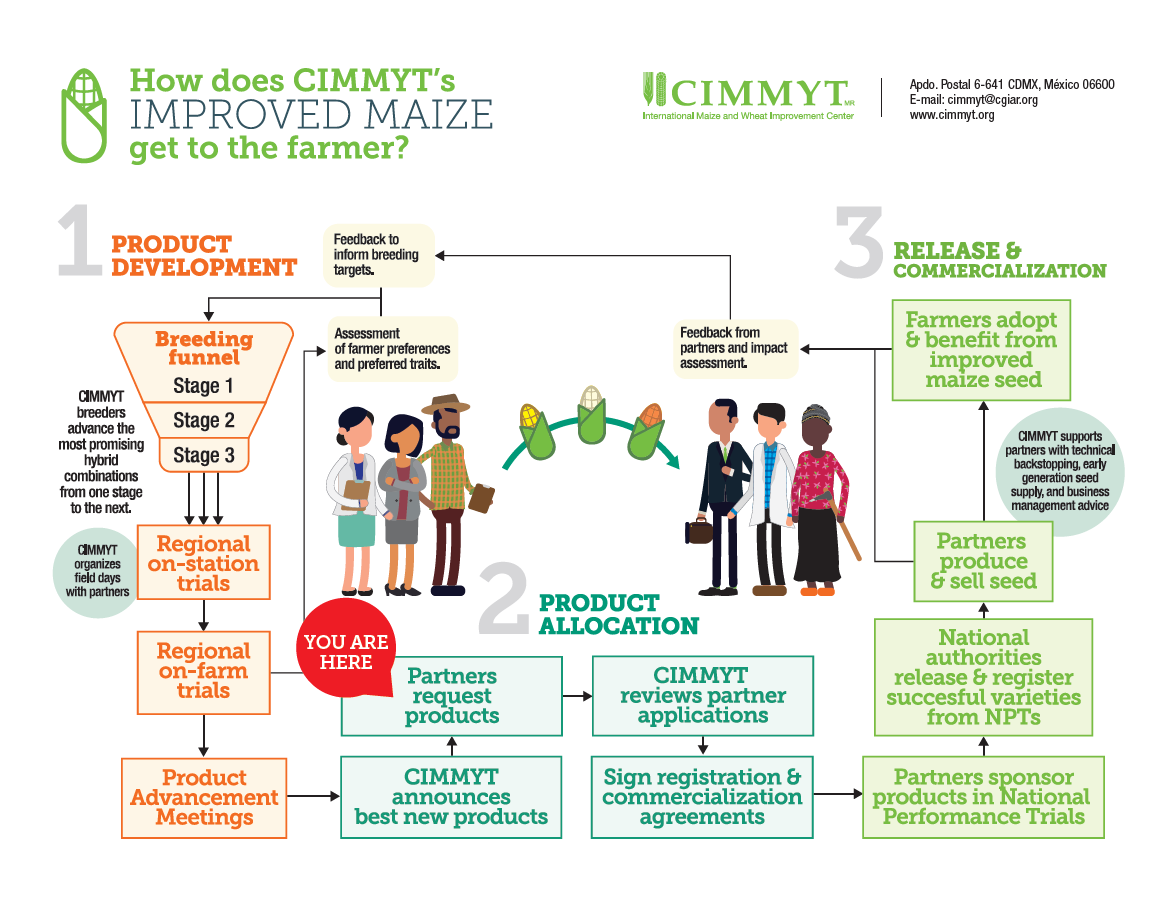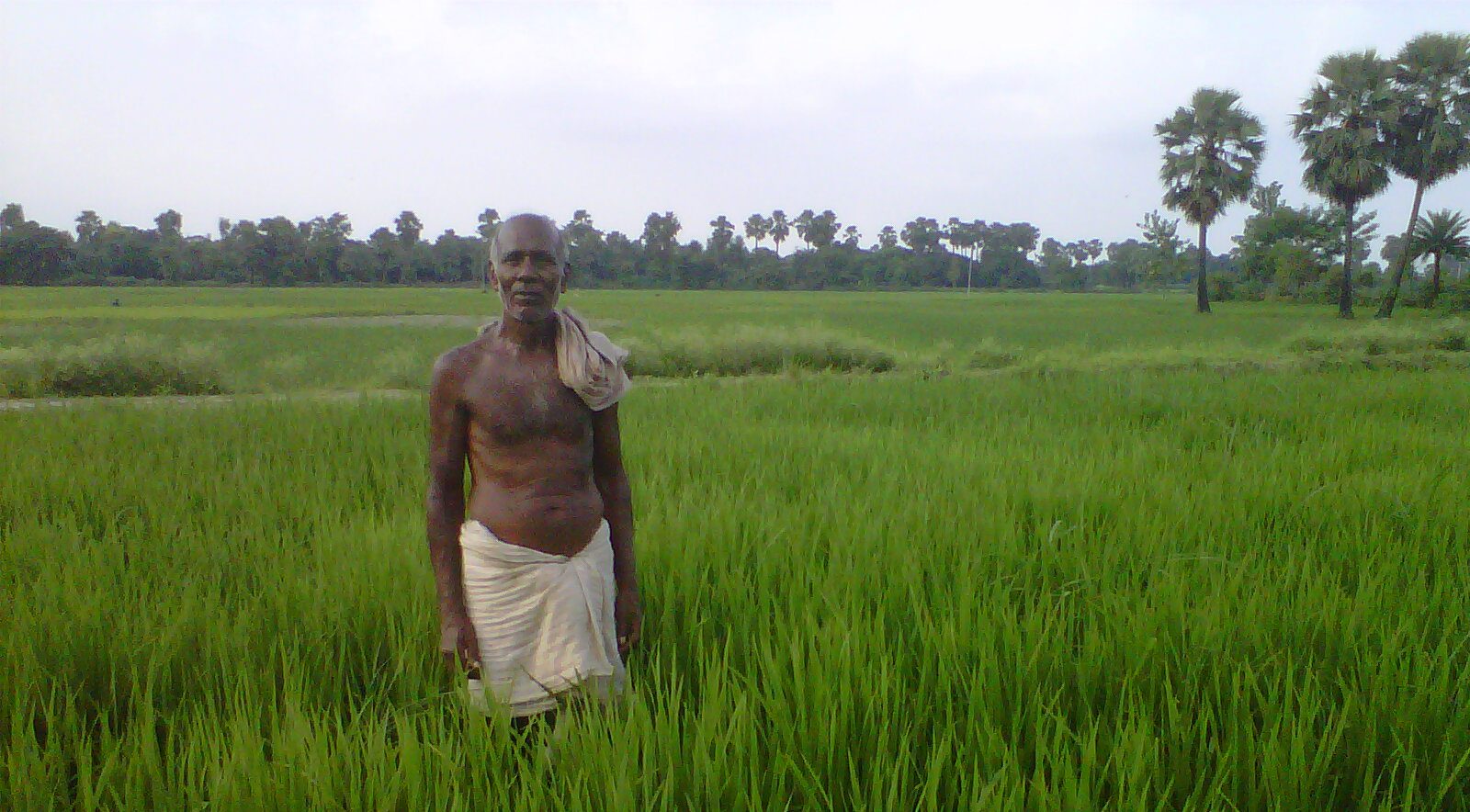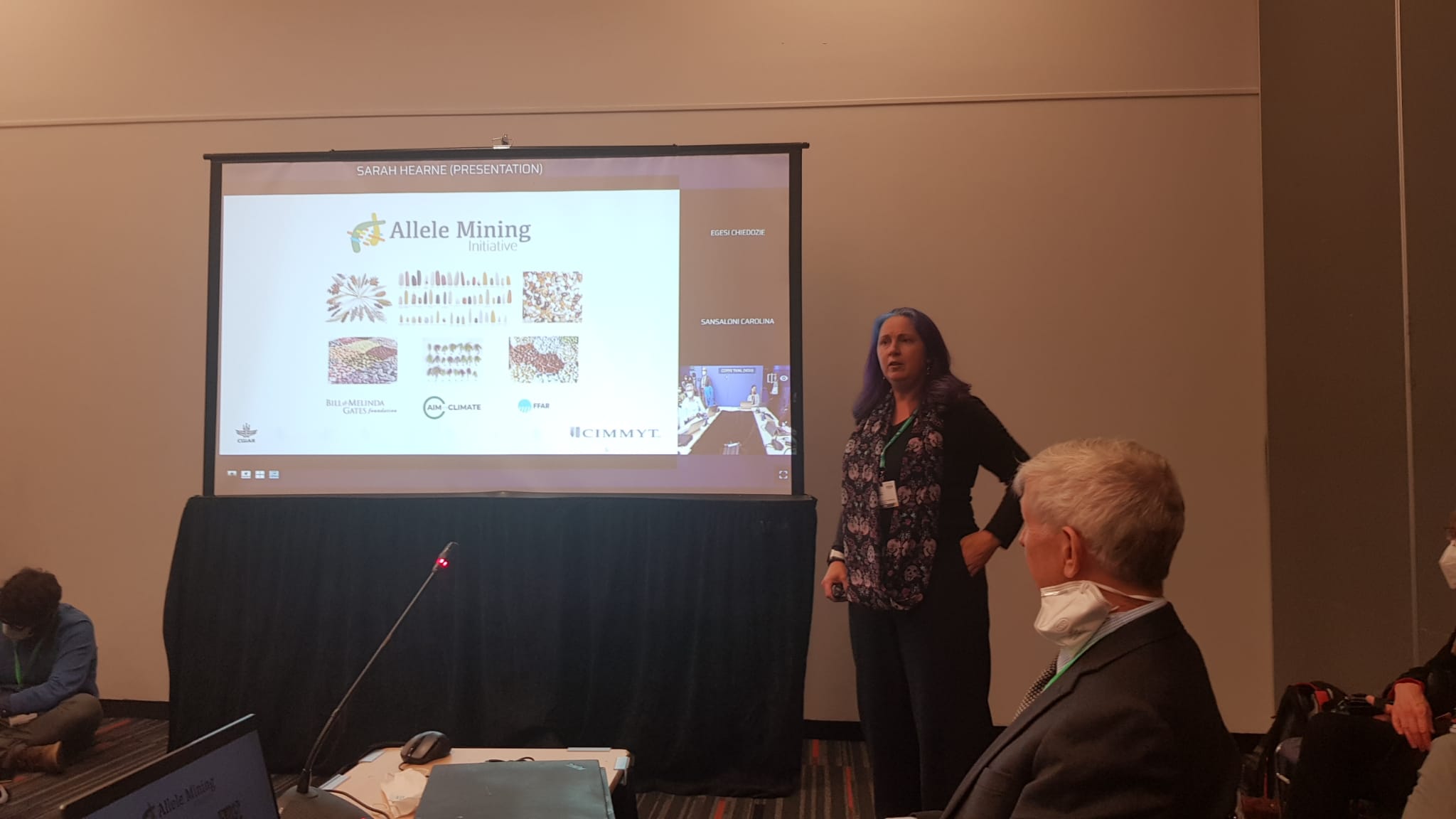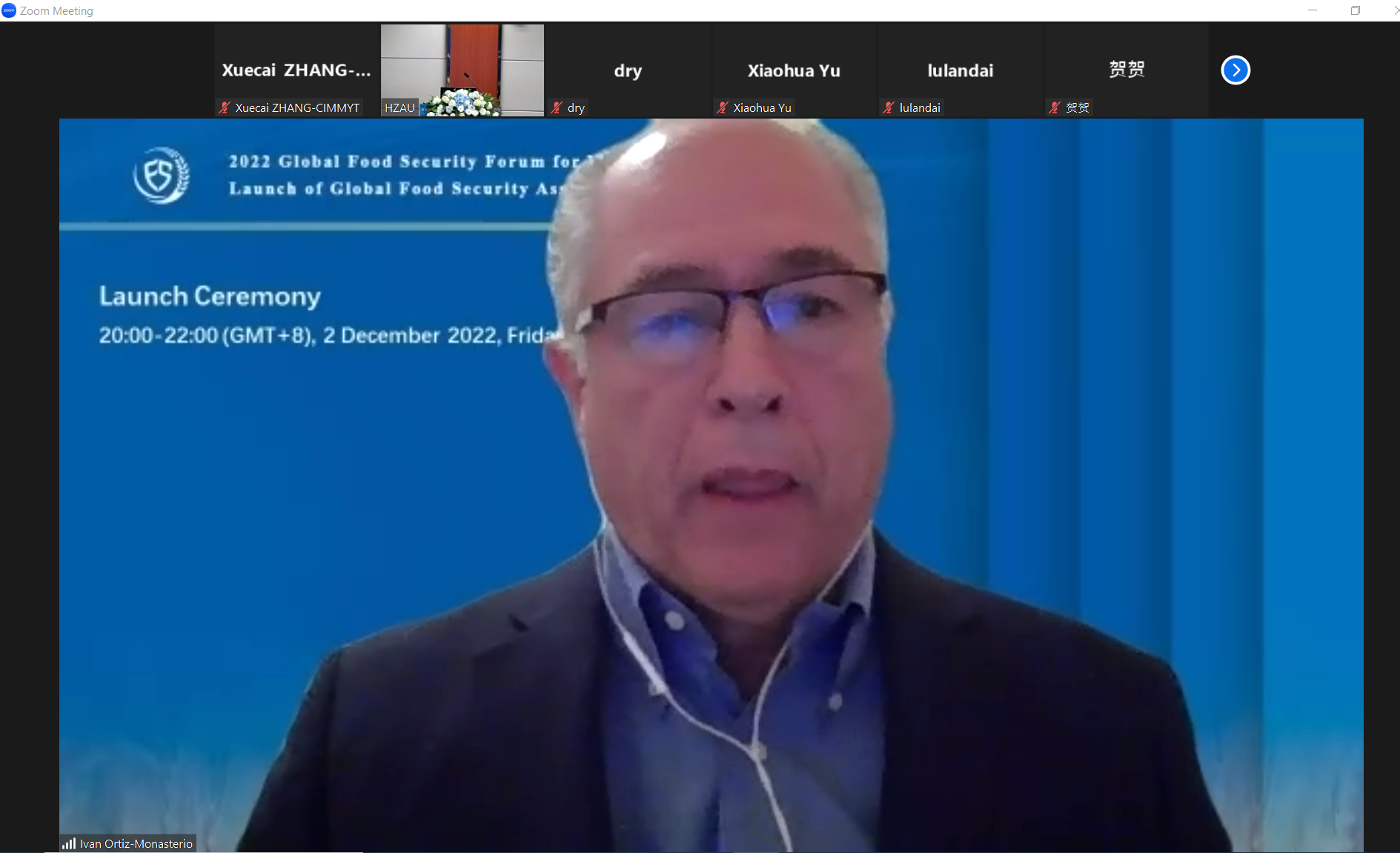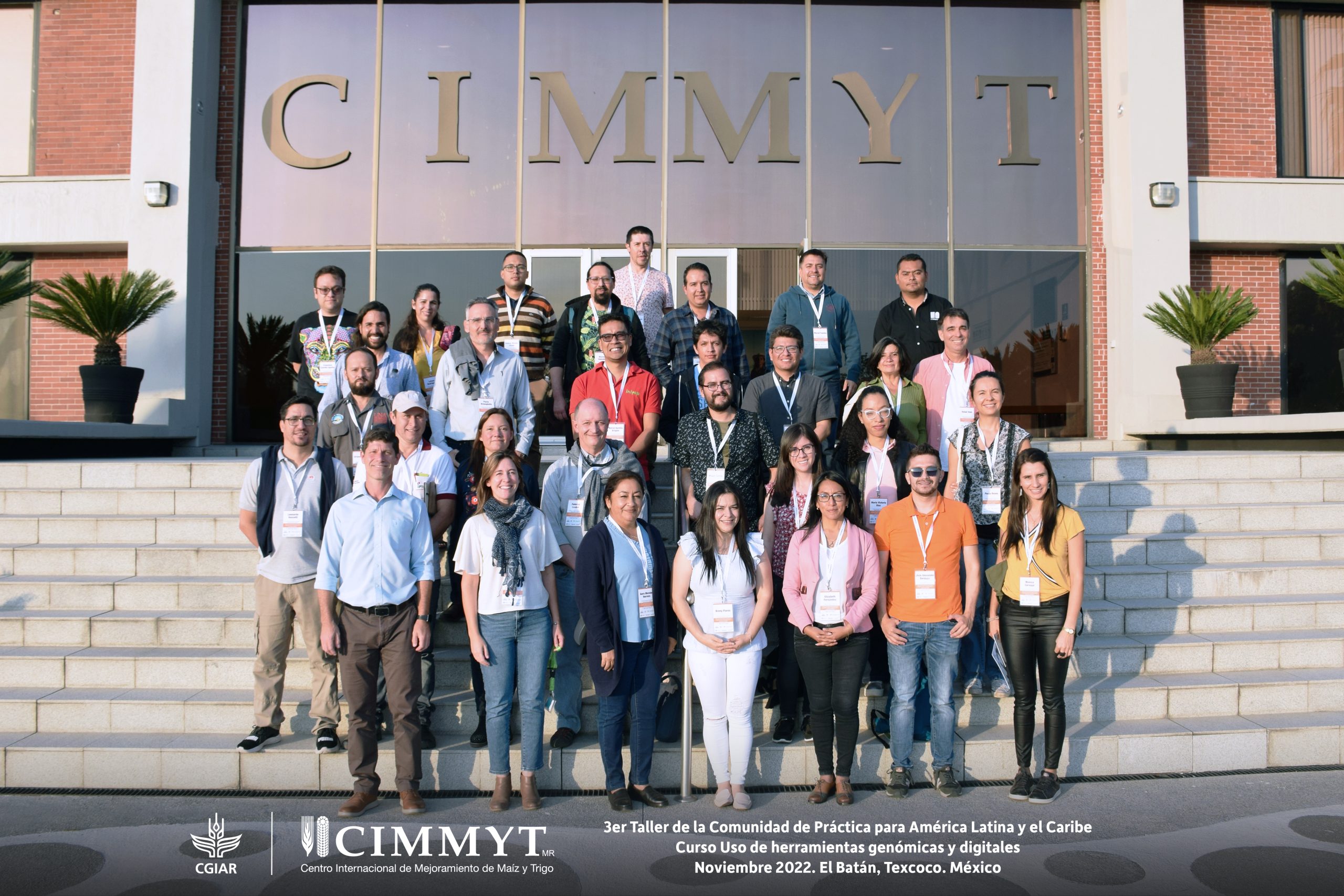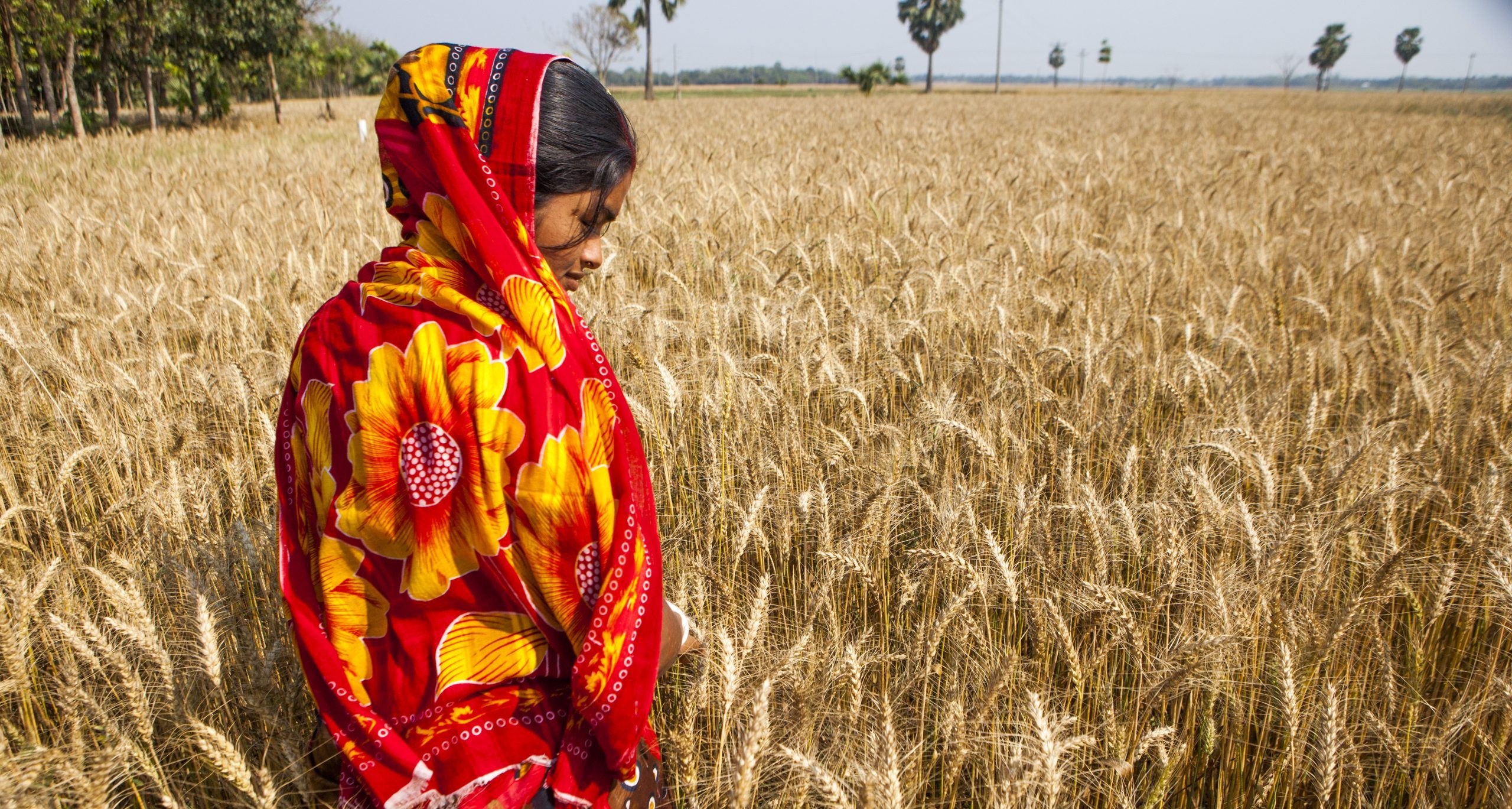CGIAR
On Africa’s farms, the forecast calls for adaptation and innovation
 Climate adaptation and mitigation
Climate adaptation and mitigation
Source: Gates Notes (31 Jan 2023)
Bill Gates reflects on a recent visit to a Kenyan farm to see firsthand the results of work by CIMMYT and CGIAR.
Five strides forward for CGIAR crop breeding resources and services
 Nutrition, health and food security
Nutrition, health and food security
One CGIAR’s Breeding Resource Initiative is moving forward on an array of shared services, capacity development programs and technical support.
Digital Press Briefing with U.S. Special Envoy for Global Food Security Dr. Cary Fowler, and USAID Global Food Crisis Coordinator Dina Esposito
 Nutrition, health and food security
Nutrition, health and food security
Source: U.S. Department of State (19 Jan 2023)
Cary Fowler and Dina Esposito highlight CIMMYT’s work in southern Africa to address food insecurity.
‘Farmers now more aware about climate resilient agri’
 Climate adaptation and mitigation
Climate adaptation and mitigation
Source: Times of India (20 Jan 2023)
Farmers in India learn how to adapt their methodologies to climate change.
Identifying climate mitigation strategies from AFOLU sector in Mexico
 Climate adaptation and mitigation
Climate adaptation and mitigation
CIMMYT researchers comb through data to enumerate the benefits, and costs, of specific climate mitigation initiatives in the AFOLU sector of Mexico.
Tracking the development and reach of CIMMYT’s climate research
 Climate adaptation and mitigation
Climate adaptation and mitigation
Researchers provide data-driven approach to systematically analyze the production and diffusion of knowledge on food systems and climate change.
In maize research, farmers’ priorities are our priorities
 Climate adaptation and mitigation
Climate adaptation and mitigation
New CIMMYT research sheds light on farmer maize preferences in Ethiopia and western Kenya.
A reluctant farmer changes the fortune of his inherited land
 Climate adaptation and mitigation
Climate adaptation and mitigation
Ravi Ranjan took to farming after the death of his grandfather and, despite his initial apprehension about working in agriculture, has never looked back.
Seven new CIMMYT maize hybrids available from Southern Africa Breeding Program
 Innovations
Innovations
CIMMYT is happy to announce seven new, improved tropical maize hybrids that are now available for uptake by public and private sector partners.
Rear fish in a rice paddy? Old ways can future-proof food production
 Nutrition, health and food security
Nutrition, health and food security
Source: South China Morning Post (18 Dec 2022)
CGIAR scientists share the importance of testing new research models for integrated aquatic and terrestrial production systems.
Sustainability of rice production in the Northwestern Indo-Gangetic Plains
 Climate adaptation and mitigation
Climate adaptation and mitigation
Scientists determine nitrogen use could be reduced without impacting rice yields for sustainability of rice production in Northwestern Indo-Gangetic Plains.
The importance of germplasm in protecting nature
 Climate adaptation and mitigation
Climate adaptation and mitigation
At COP15, CIMMYT scientists highlighted the significance of DSI in conserving, exploring, and utilizing biodiversity as part of efforts to sustainably nourish the global population in a nature positive manner.
Inspiring future generations of scientists
 Climate adaptation and mitigation
Climate adaptation and mitigation
The Global Food Security Forum for Young Scientists, hosted at Huazhong Agricultural University in China and virtually around the world, highlights cutting-edge agricultural research.
CIMMYT hosts third workshop of the Community of Practice for Latin America and the Caribbean
 Environmental health and biodiversity
Environmental health and biodiversity
Colleagues from across Latin America and the Caribbean gather to determine the best ways to preserve germplasm and make use of genetic resources.
Participatory action research identifies solutions for improved seed storage in Bangladesh
 Environmental health and biodiversity
Environmental health and biodiversity
Wheat farmers in Bangladesh have participated in the design and management of research trials to determine the best wheat seed storage options for their conditions.

